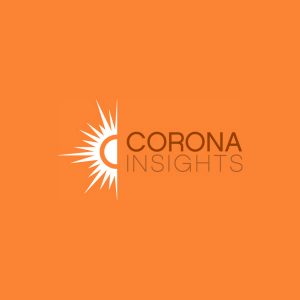The American Community Survey could be eliminated
5/16/12 / Matt Herndon

At Corona Insights, we always try and maximize the value we add for our clients. While we are experts in collecting data ourselves, we can often utilize secondary data instead to inform our clients’ decisions, dramatically reducing the cost of obtaining such information on our own.
One of the secondary data sources we use frequently here at Corona is data from the U.S. Census Bureau – more specifically, the American Community Survey (ACS). Where the Decennial Census only collects basic demographic information (age, gender, race, etc.) from all residents every 10 years, the ACS collects a much more in-depth set of data from a sample of residents on an annual basis. This data allows us to conduct very complex analyses on topics such as health insurance, education, disabilities, work status, and much, much more. For example, in the past few years, Corona has used ACS data to conduct social and fiscal impact studies like:
- project housing demand for a local government in a rural Colorado county.
- characterize barriers of low-income populations to work, such as disability, single-parent situations, language, education, and other issues.
- develop a profile of children of migrant farm workers for the Colorado Dept. of Education to help assess their educational needs.
- develop profiles of college students to understand, among other things, the migration patterns of freshmen (big economic impacts there).
Unfortunately, the U.S. House of Representatives voted last week to eliminate the American Community Survey entirely. While the measure has yet to be debated in the Senate, the implications of eliminating the ACS are dire. Without the ACS, organizations of all shapes and sizes (government, nonprofit, and private alike) would be unable to make informed decisions nearly as quickly or cost-effectively as is possible with the ACS today. And it’s not just local governments and private/nonprofit organizations – the federal government itself uses ACS data to allocate more than $450 billion annually in program funds to state and local governments.
We encourage you to reach out to your Senators to voice your support for the American Community Survey. For those of you who are in Colorado, we have linked to the contact pages of their websites and provided their phone numbers below:
Senator Michael F. Bennet – 202-224-5852
Senator Mark Udall – 202-224-5941